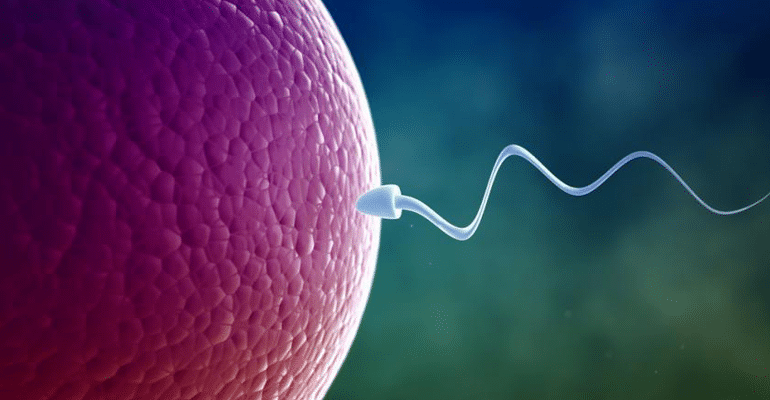Experiencing infertility issues can be a very difficult subject for lots of couples today. The fact that you want to bring a life into the world with the person you love and you’re not able to do it can be a devastating reality for lots of people. Especially for women. Since the beginning of time, women were told as girls to grow up and find a nice man to raise a family with but what if the way your life is set up, you’re not able to do that? What if your body is not able to do the very thing it’s designed to do?
That thought can make any woman feel obsolete. Once friends or family find out that you’re not able to conceive, that’s when everyone has their “two cents” to give you in hopes that it will help you to conceive. Some of the advice that people give are outrageous and you can believe it came out of their mouth. Although these “myths” are supposed to promote fertility and prevent miscarriages, they can actually do more harm than good.
Your friends and family may offer you these “helpful” bits of information out of love and support for you but the truth is, there are several factors that go into having a successful pregnancy. According to babycenter.org, before trying to conceive, women need to make sure their own health is in good shape. These are a few things you should do before trying to get pregnant:
- Visit the dentist
- Take folic acid
- Exercise
- Learn your ovulation schedule
- Look into genetic carrier screening
Those are all things you should look into before trying to get pregnant. Doing these things don’t necessarily mean you will get pregnant but they are helpful to do for yourself so that in case you do conceive, your baby will have a safe and healthy place to grow. These are actual proven facts that are helpful contributors to pregnancy, not like those myths your friends and family speak of. Although they mean well, it’s time to put these infertility myths to rest and stick to the facts.
Some of the infertility myths:
Myth 1: Being on Birth Control for Too Long Causes Infertility
Some women have it in their minds that if they’re on birth control for too long that it will cause long-term infertility issues. There’s also the myth that however long you’re on birth control, it can take that long for it to get out of your system.
Fact
Women are able to ovulate in as little as a couple of weeks after getting off birth control. Typically, women who want to get pregnant within a year of stopping birth control are able to do so. That rule applies to any form of birth control too, whether you were on the pill, IUD, or the patch.
Myth 2: If You Get IVF Treatments You’ll Have Multiple Gestations
Many people, men and women, think that if you get IVF treatments, you’ll end up having twins, triplets, or more! A lot of couples shy away from this treatment if they’re having trouble conceiving for this very reason and it’s time to put this myth to rest.
Fact
The truth about IVF is that this is the only treatment where the parents have the ability to actually choose how many embryos they want to be implanted versus oral medications or medications that have to be injected. This method actually allows you to see pictures of embryo development at different stages.
Myth 3: Putting Your Legs in the Air After Intercourse Helps You Get Pregnant
For some reason, people think that if you have sex in the wrong position or if you get up right after sex, it lowers your chances of getting pregnant. This myth argues that if you put your legs in the air after sex that it will help guide the sperm directly to the egg to ensure pregnancy.
Fact
In case you didn’t know, sperm is designed to go straight to your eggs once ejaculated. So what does that mean? That means that regardless of what position you’re in during or after sex, won’t make a difference in whether or not you’ll get pregnant.

